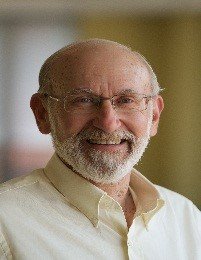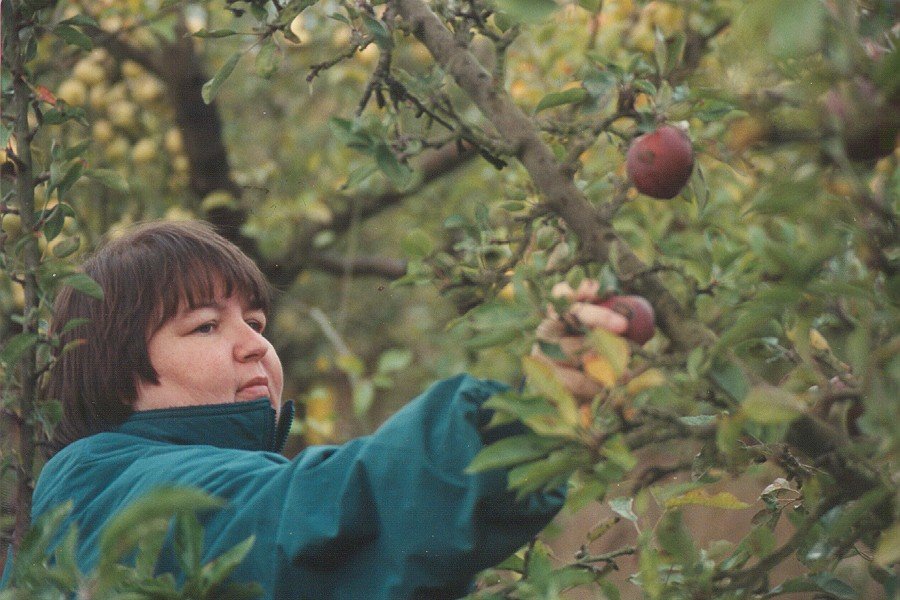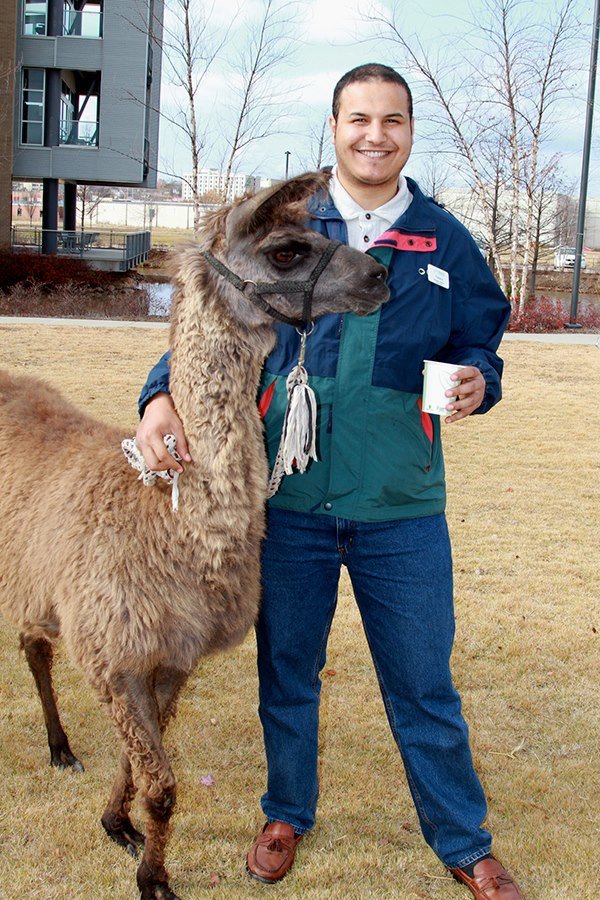

In an age of sustainability concepts of community engagement, community development, and capacity building have been critical to the hunger discourse. Though hunger is often measured on an individual our household level, its causes and impacts are not limited to the individual or household. The negative impacts of poor educational performance, reduced capacity, increased levels of violence, and in extreme cases starvation have devastating outcomes at a community level. Communities can serve as a protection against hunger and facilitate the development and implementation of long-term hunger solutions. Communities are necessarily a part of systemic solutions to hunger and are critical to reducing the stigma and negative social outcomes of hunger.
During this session presenters would share real world experiences related to community engagement in hunger solutions/campaigns/interventions. From these cases a “best practices” or framework for engaging and conceptualizing community could be developed by panelists and participants.
The moderator would introduce the task: “develop a framework for engaging/conceptualizing community in hunger solutions”. Panelists present their cases—highlighting concepts of community, systemic solutions, and best practices. Breakout session where participants organize with panelists and discuss highlights to form a “best practices” framework.
— Bill McKelvey, Project Coordinator, Grow Well Missouri, S., Rural Sociology, University of Missouri, Bill McKelvey’s interests and experience center on building and strengthening community food systems. He has been involved in community gardening, youth gardening, farm to school, and direct marketing projects and worked for a number of years with University of Missouri Extension. His current work with Grow Well Missouri is broadly focused on improving access to healthy foods for families who use food pantries.
– – Mark Winne was the Executive Director of the Hartford Food System, a private non-profit agency that works on food and hunger issues in the Hartford, Connecticut area. During his tenure with HFS, Mark organized community self-help food projects that assisted the city’s lower income and elderly residents. Mark’s work with the Food System included the development of commercial food businesses, Connecticut’s Farmers’ Market Nutrition Program, farmers’ markets, a 25-acre community supported agriculture farm, a food bank, food and nutrition education programs, and a neighborhood supermarket.
— Dennis Garrity is a systems agronomist and research leader whose career has been focused on the development of small-scale farming systems in the tropics. He is currently Drylands Ambassador for the UN Convention to Combat Desertification and Distinguished Senior Research Fellow at the World Agroforestry Centre (ICRAF), Nairobi. He served as Director General of the Centre from 2001 to 2011. He is currently leading an effort on the perennialization of agriculture in the 21st Century, building more productive and environmentally sound farming systems through a global Partnership to Create an EverGreen Agriculture. He also chairs the Steering Committee for Landcare International, a worldwide effort to support grassroots community-based natural resource management.
— Sharon Thornberry has been a grassroots organizer, trainer and advocate for community food systems, rural communities, and anti-hunger work in Oregon since 1986. She grew up on farms in Iowa and North Carolina and was very active in 4-H and Girl Scouts. She was one of the first female members of Future Farmers of America. Her work experience includes food service, retail grocery, and union activities. In 1979, she was a homeless mom with two small children. Sharon served on the Oregon Hunger Task Force for 16 years. She served on the board of the Community Food Security Coalition for six years and served three years as President. She served on the board of Bread for the World and Bread for the World Institute for six years and will rejoin the BFW Board in March 2016. The sum of her experiences have come together to make her a passionate and knowledgeable community food security and anti-hunger advocate. She is the 2009 recipient of the Billi Odegard Public Health Genius Award from the Community Health Partnership of Oregon. She has worked for Oregon Food Bank for the past 17 years focusing on rural food systems and is the creator of “FEAST”, the nationally recognized community food systems organizing program.She has been a resident of Philomath, Oregon for 30 years . She is an avid gardener and loves to share the cooking traditions learned in the farm kitchens of her youth with friends and family.
— Jere Gilles is an associate professor of rural sociology who teachers undergraduate and graduate courses in social change, research methodology and the sociology of agriculture and natural resources.His research centers around the linkages between the knowledge of producers and and scientists. He also conducts research on this topic in the areas of irrigation management, range management and climate change. In addition to working in North America Jere has worked primarily in Africa (Chad, Kenya, Morocco, South Africa) and in Latin America (Costa Rica, Bolivia, Peru). His specialties include, climate change adaptation, agricultural development, study abroad program design, rural development, field research methods, participatory
— William H. Meyers is the Director of CAFNR International Programs and Howard Cowden Professor of Agricultural and Applied Economics at the University of Missouri. He was the Interim Director for the Division of Applied Social Sciences in 2011 and Co-Director, Food and Agricultural Policy Research Institute at the University of Missouri (FAPRI-MU) from 2003 to 2010. He holds a Ph.D. in agricultural economics from the University of Minnesota, a master’s degree from the University of the Philippines, and a bachelor’s degree from Goshen College. Prior to coming to MU, Dr. Meyers was a Professor of Economics at Iowa State University (ISU), where he lived and worked most of the time since 1979. He was Director, Agriculture and Economic Development Division of the Food and Agricultural Organization of the United Nations from July 1999 to July 2002 while on leave from ISU. He was Visiting Consultant at the World Bank from January to June 1999, Interim Director of the Center for Agricultural and Rural Development (CARD) from 1996 to 1998, Associate Director of CARD from 1985 to 1996, Co-Director of the Food and Agricultural Policy Research Institute at Iowa State University from 1984 to 1998, and Executive Director of the Midwest Agribusiness Trade Research and Information Center from 1987 to 1998. He has been an Agricultural Economist at the USDA Economic Research Service, a Research Fellow at the International Rice Research Institute, a Visiting Professor at the University of Kiel, and has directed USAID-funded projects in Ukraine, Hungary, Indonesia, Zambia, Jamaica, and Honduras. He has also worked extensively on agricultural and rural policy studies in Lithuania, Latvia, and Estonia after they regained independence. Dr. Meyers has authored numerous publications on trade, agricultural and rural policy, commodity market analysis, and transition economics.
— Patricia Sheikh, Director, Agribusiness, leads CCA’s Agribusiness program, providing leadership for the agribusiness community. Pat served as Deputy Administrator for the Office of Capacity Building and Development at the U.S. Department of Agriculture’s Foreign Agricultural Service. In that capacity, she oversaw all global agricultural development and trade programs. She was also responsible for directing U.S. foreign policy objectives as they related to foreign assistance, including food aid.Pat Sheik
 Bill McKelvey
Bill McKelvey  Dennis Garrity
Dennis Garrity  Sharon Thornberry
Sharon Thornberry  Yassine Dguidegue
Yassine Dguidegue